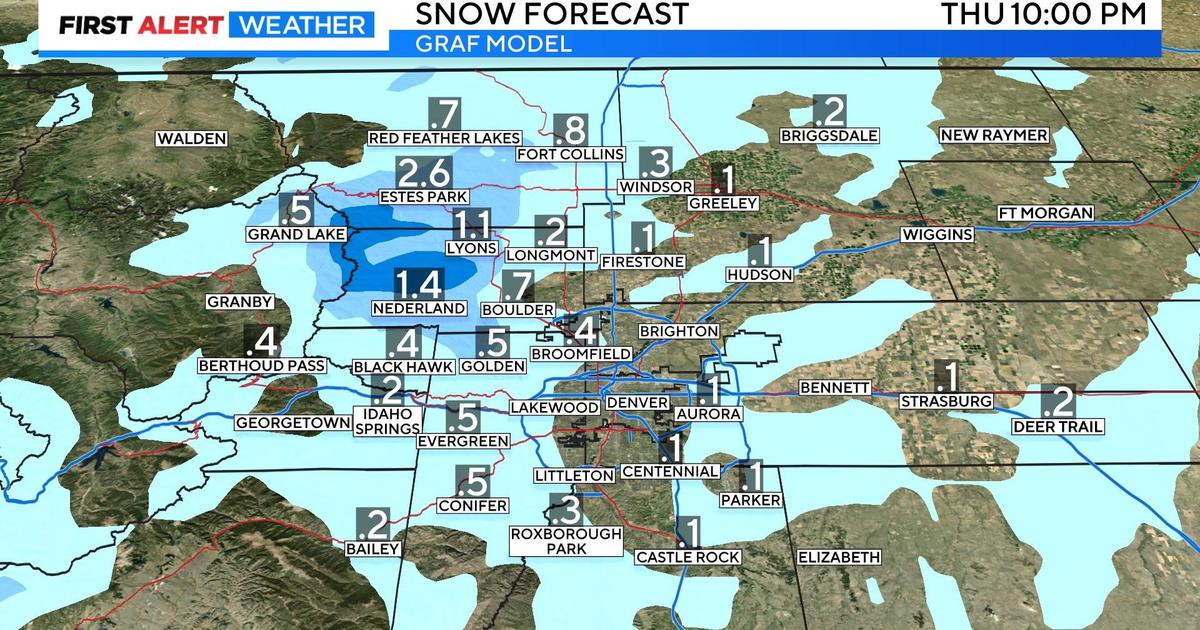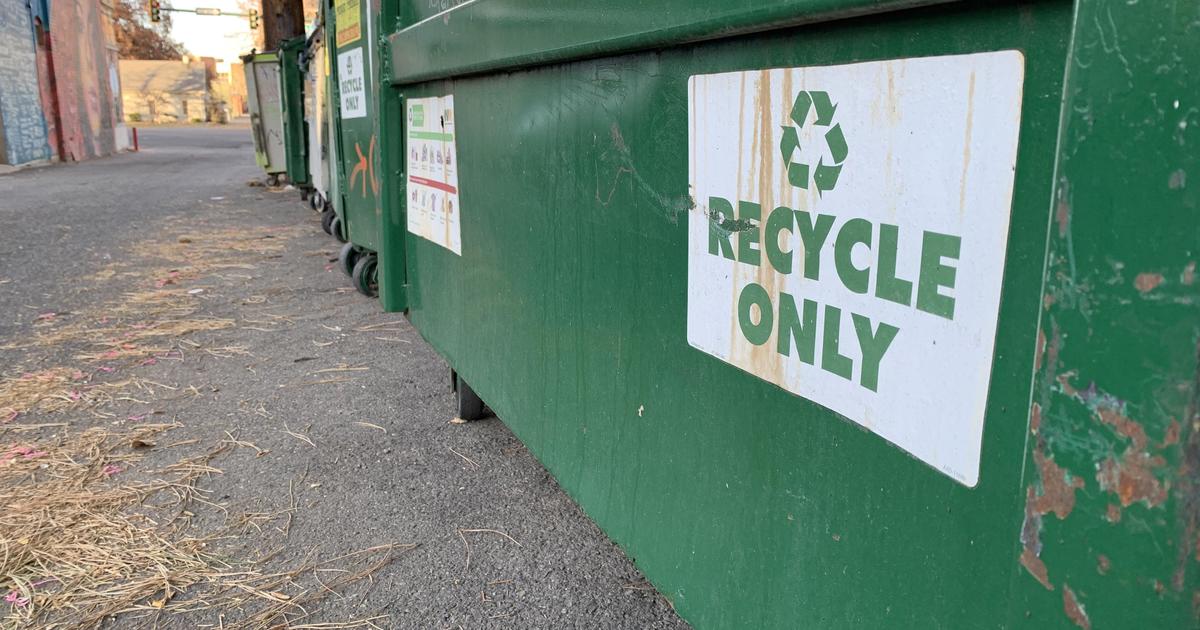2 Maine Hikers Explain Surviving Longs Peak Ordeal
CONCORD, N.H. (AP) - Two women from Maine say they were "one bad event away from complete disaster" during their terrifying ordeal in an ice storm thousands of feet atop a Colorado peak.
Thirty-two-year-old Connie Yang and 33-year-old Suzanne Turell, both of York, Maine, say they took advantage of a break in the storm atop the 14,200-foot Longs Peak. They hiked down a gully into a valley to escape the bad weather.
That was after they endured the previous night of rough weather, when they desperately tried to stay awake to keep snow from collapsing their tent as the storm raged around them.
The next morning brought a lightning storm that lit up their tent and, they said, illuminated the number of life-threatening situations they were facing.
"If our tent ripped away in the wind or the poles broke or we got caught in a flash flood or broke an ankle, it could be the end," they wrote in a four-page email sent to friends and shared with The Associated Press. They said they were already exhausted from a sleepless night, making it even more difficult to keep warm.
Conditions were worsening, as ice coated their high-elevation location, and visibility was "non-existent."
The two are experienced hikers. Both work at NEMO Equipment, an outdoor sporting goods manufacturer in Dover. Yang is director of engineering, and Turell heads the product design team.
They had worked with Rocky Mountain State Park staff to coordinate their seven-day hike and plan for the weather, which was predicted to range between 40-80 degrees, with the possibility of thunderstorms each day. They began the hike Sept. 6.
The weather took a turn for the worse on the third day of the hike, with thunderstorms increasing in intensity throughout the day. Cloud cover rendered their GPS unreliable.
Their cellphone battery had died from cold Sept. 11, but they were able to warm and revive it briefly the next day to send a message to Yang's sister. They relayed information about their location and told her about the threat of hypothermia, but they never knew if the message had been sent.
As the day progressed, the sleet changed to rain and some of the snow and sleet melted off the summit, they wrote. They decided to attempt a descent to the valley, knowing the ranger station was in the vicinity. They threaded their way down amid a rushing flood of mud and rocks. They bushwhacked through rough terrain, ledges and thick vegetation.
"Even with the hard work, we were still shivering uncontrollably," they wrote.
They set up camp for their second night of adverse conditions before moving at first light toward the ranger station and an emergency phone there. Park rangers on all-terrain vehicles came to their rescue Sept. 13, because all surrounding roads were closed due to flooding.
"It was only then that we learned about the destruction and devastation" of the flood damage to the national park and surrounding areas, they wrote.
The women, now home in York, offered thanks to all who helped in their rescue, including U.S. Sen. Jeanne Shaheen of New Hampshire and the National Park Service.
"We will be reflecting on this experience for a long time to come," they wrote.
Colorado Floods: How To Help
The recent floods are impacting families and communities throughout Colorado, so CBS4 has compiled a list of ways you can support the local communities impacted by the floods.
- By LYNNE TUOHY, Associated Press
(© Copyright 2013 The Associated Press. All Rights Reserved. This material may not be published, broadcast, rewritten or redistributed.)



